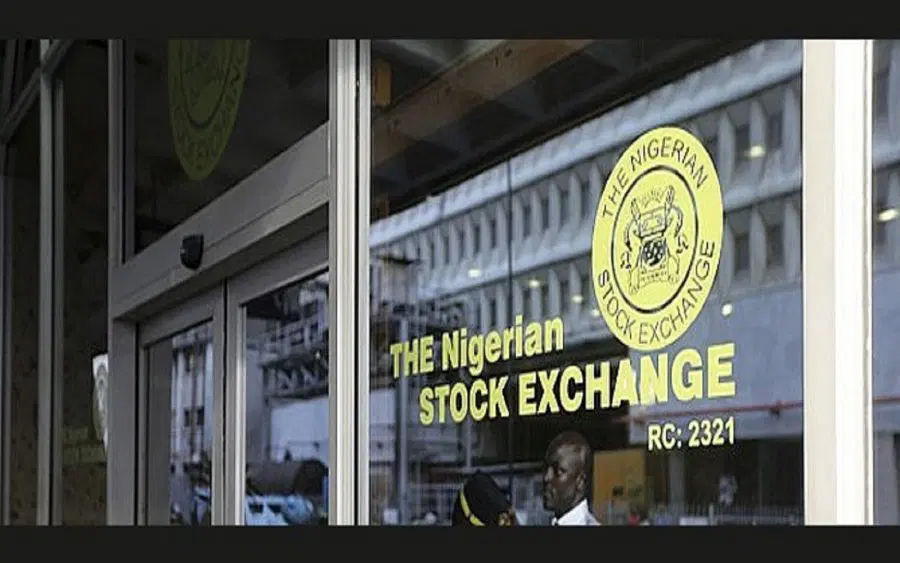Nigeria’s non-interest capital market has continued its upward trajectory, reaching a valuation of ₦1.6 trillion, according to the Securities and Exchange Commission (SEC). The development reflects growing investor confidence and a deepening commitment to ethical, Sharia-compliant finance, which is fast becoming a key pillar in Nigeria’s evolving financial landscape.
The announcement was made by the SEC’s Director-General, Dr. Emomotimi Agama, during a press briefing in Abuja ahead of the 7th African International Conference on Islamic Finance (AICIF), scheduled to hold next month in Lagos. The conference, jointly organised by the SEC, Metropolitan Law Firm, and Metropolitan Skills Ltd, carries the theme “Africa Emerging: A Prosperous and Inclusive Outlook.” It is positioned to advance the discourse on ethical finance as a catalyst for sustainable and inclusive economic growth across the continent.
Dr. Agama noted that the rapid growth of the market has been driven largely by the success of Sukuk bonds, which have seen consistent oversubscription from both institutional and retail investors. The most recent issuance, he revealed, was oversubscribed by more than 700 percent, a figure that highlights not just the appetite for non-interest products but also a growing level of investor sophistication and trust in Nigeria’s financial infrastructure.
While Sukuk remains the flagship instrument in the market, the SEC is encouraging the development of complementary products, including Islamic funds, lease-based financing structures, and equity-based investment schemes. These products, though still nascent, represent significant opportunities for diversification, financial inclusion, and the expansion of Nigeria’s ethical finance ecosystem.
A major regulatory boost to this progress has come through the newly enacted Investments and Securities Act (ISA) 2025, which strengthens the legal foundation for non-interest collective investment schemes. The Act empowers the SEC to broaden its oversight and registration of ethical investment products, thereby ensuring transparency, accountability, and investor protection. This aligns with the objectives of the Capital Market Master Plan (2021–2025), which places innovation, inclusion, and integrity at the core of Nigeria’s capital market reforms.
According to Dr. Agama, the growth of the non-interest capital market demonstrates Nigeria’s progress toward a more inclusive and sustainable financial system. “The non-interest capital market has attained a valuation of ₦1.6 trillion. The overwhelming subscription to our Sukuk issuances demonstrates strong investor confidence and a rising demand for ethical financial instruments,” he said.
He further emphasized that the upcoming AICIF 2025 in Lagos will serve as a pivotal platform for dialogue, collaboration, and innovation. The event is expected to convene regulators, scholars, investors, and financial practitioners to discuss strategies for leveraging Islamic finance in addressing Africa’s developmental and infrastructural challenges.
As Nigeria’s non-interest capital market surpasses the ₦1.6 trillion mark, it signals not just the growth of a niche sector but the emergence of a credible alternative financing pathway that aligns profitability with social responsibility. With strong regulatory backing, increasing market participation, and a renewed policy focus on inclusion, the sector is poised to play a transformative role in driving sustainable development across Nigeria and beyond.



